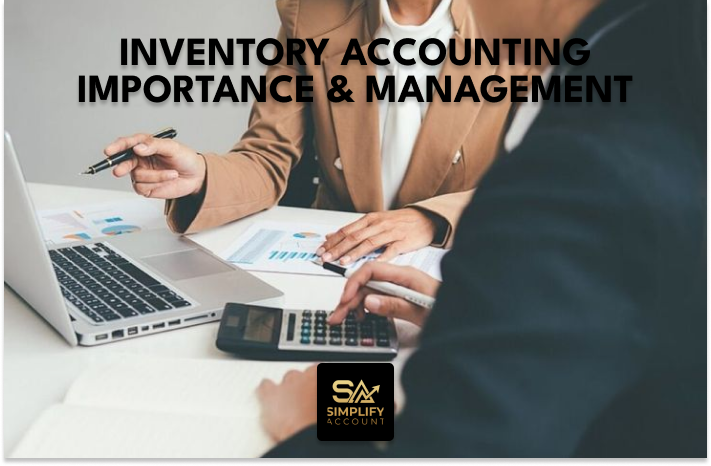Investing is a powerful wealth-building strategy, but navigating the multitude of investment products requires a nuanced understanding of their pros and cons. Thus, here we explore common investment options in Australia to help you make informed decisions.

Shares/Stocks
Shares, also known as stocks, are a type of investment product that represent ownership in a company. When you buy a share, you become a shareholder and have the potential to earn money through dividends (regular payments made by the company to its shareholders) and/or capital gains (the increase in the value of the shares over time).
Pros:
- High Returns: Historically, shares yield substantial long-term returns.
- Liquidity: Easily bought and sold on stock exchanges.
- Diversification: Invest across industries for risk reduction.
Cons:
- Risk: Volatile and subject to market fluctuations.
- Research: Informed decisions require thorough research.
- Fees: Potential brokerage fees or transaction costs.
Exchange-Traded Funds (ETFs)
ETFs are similar to shares in that they represent ownership in a portfolio of investments. However, instead of owning shares in a single company, ETFs allow you to invest in a diversified portfolio of assets such as stocks, bonds, and commodities.
Pros:
- Diversification: Exposure to a broad range of assets minimizes risk.
- Low Fees: Typically, lower management fees than other funds.
- Easy Trading: Bought and sold like shares on stock exchanges.
Cons:
- Market Risk: Value can be volatile due to market fluctuations.
- Limited Control: Less control over individual investments.
- Tracking Error: Some ETFs may not perfectly track underlying assets.
Managed Funds
Managed funds are investment products that pool money from multiple investors to invest in a diversified portfolio of assets. Thus the fund is managed by a professional fund manager who makes investment decisions on behalf of the investors.
Pros:
- Diversification: Exposure to various assets reduces risk.
- Professional Management: Expert fund manager decisions.
- Access to Unique Assets: Invest in otherwise inaccessible assets.
Cons:
- Fees: Management fees can impact returns.
- Limited Control: Investors have limited influence on fund investments.
- Performance Risk: Fund performance depends on manager decisions.
Property
Investing in property involves buying a physical asset, such as a house or apartment, with the aim of earning rental income and/or capital gains.
Pros:
- Tangible Asset: Physical property with potential for value appreciation.
- Rental Income: Earn income through property rentals.
Cons:
- Illiquid Asset: Real estate can be challenging to sell quickly.
Investment Products and Their Pros and Cons: Important Considerations
It’s crucial to acknowledge the inherent risks when investing in the stock market. Stock values can fluctuate, and therefore diligent research is key to making wise investment decisions. Diversifying your portfolio across various investment products, such as stocks, bonds, mutual funds, ETFs, and also real estate investment trusts (REITs), helps spread risk.
When considering which investment products to invest in, it is important to weigh the pros and cons of each option and consider factors such as your risk tolerance, investment goals, and overall portfolio diversification.
Finally, it is important to note that investing in the stock market and other investment products requires discipline and a long-term perspective. Thus it is not a get-rich-quick scheme, and success requires patience, research, and a willingness to ride out market fluctuations.
Simplify Account offers a comprehensive guide to investing in the stock market and other investment products in their book, “Guide to Personal Finance for Australians.” The book covers a wide range of topics, not only including investing strategies, portfolio diversification but also risk management. You can purchase the book on Amazon at https://www.amazon.nl/dp/B0BY8RT5PL.
In conclusion, investing in the stock market can be a great way to build wealth over the long-term, but it requires careful consideration and research. Moreover by understanding the different types of investment products available and developing a disciplined investment strategy, you can make informed decisions and achieve your financial goals.


